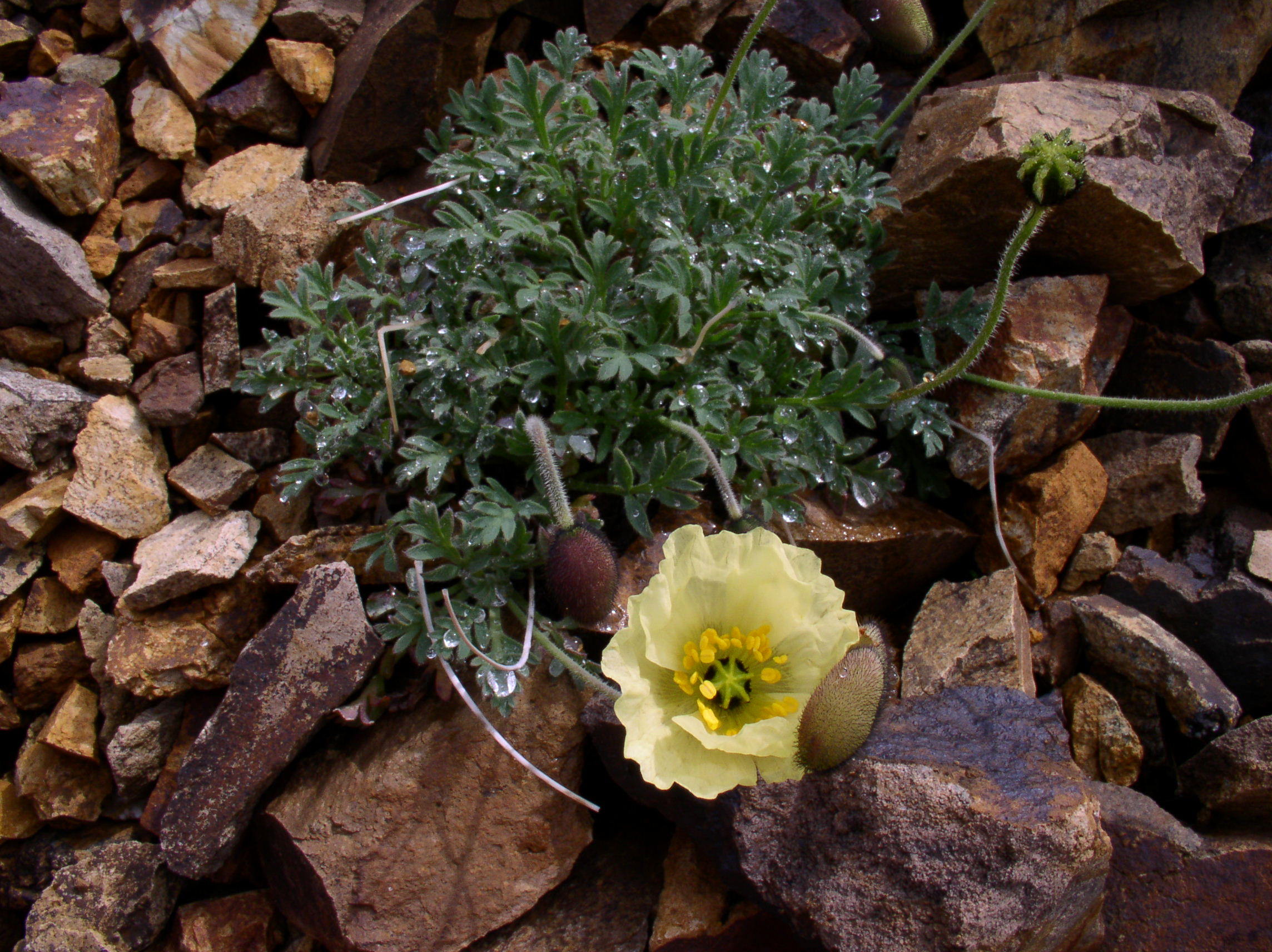

|
Self-incompatibility is a genetic mechanism that allows flowering
plants to avoid self-fertilization.
Self-recognition loci, such as self-incompatibility loci, provide the most stunning examples of extreme genetic variation known. The evolutionary process underlying this variation is selection that continuously favors rare alleles. Selection favoring rarity underlies many important processes in nature. It drives the diversification of the immune system genes in humans and may be responsible for the maintenance of sex in plants and animals. Current empirical knowledge of the evolutionary dynamics of gametophytic self-incompatibility comes from just one system, RNase-based incompatibility found in the potato, rose and snapdragon families. Gametophytic self-incompatibility in the poppy family has evolved independently and uses a completely different molecular mechanism. Our research, in collaboration with Naoki Takebayashi and Josh Kohn, will develop the gametophytic self-incompatibility locus of the poppy family as an alternative model. Poppies offer an independent view of self-incompatibility evolution, allowing us to determine what evolutionary phenomenon are unique to the RNase-based system, and what properties are universal. We intend to reconstruct the history of diversification of this unique self- incompatibility locus, and provide the first comparison of self-incompatibility loci in which the selective process is the same (gametophytic), but the molecular basis differs. |
|
Diana Wolf dewolf@alaska.edu 907-474-5538 |

|